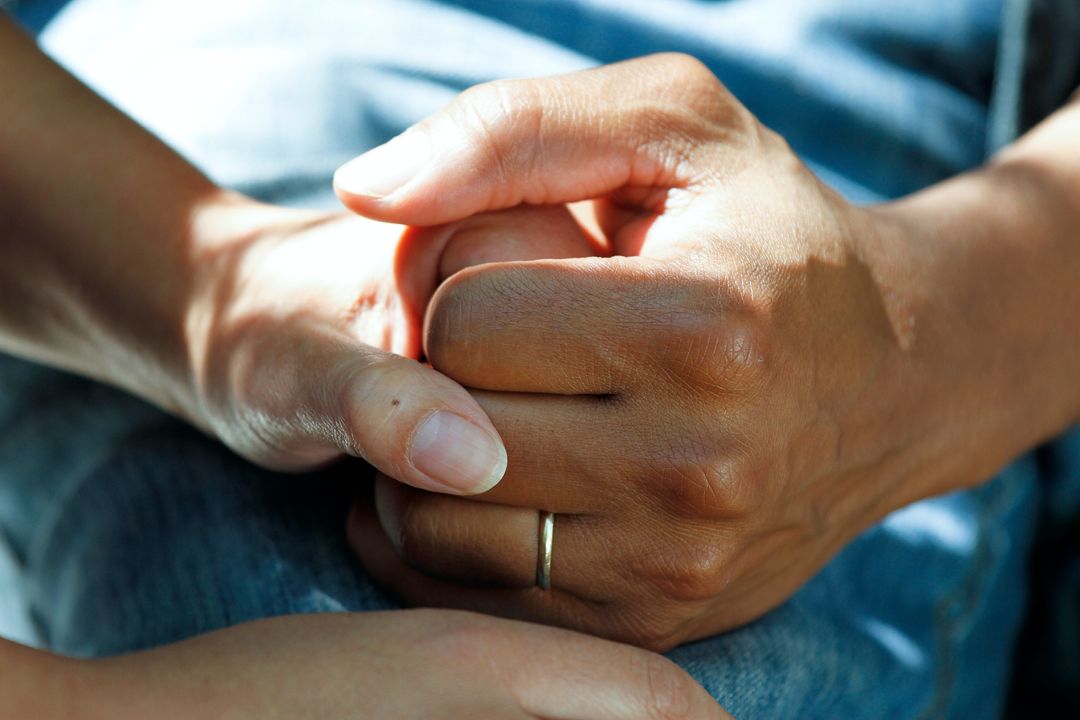Opioid addiction is a complex and challenging problem, affecting not only the individuals grappling with it but also those who care about them. Starting the conversation about opioid treatment with a loved one is a difficult, but necessary step towards their journey to recovery. In this article, we navigate the approach of this sensitive conversation, offering insights and guidance on how to have a conversation with those you care about in their time of need.

It’s important to be aware of the landscape of opioid misuse. Opioid addiction is not a solitary battle. It ripples through families, friends, and worklife impacting relationships in all aspect of ones life. Recognizing the signs of opioid misuse disorder is the first critical step. Changes in behavior, social withdrawal, and physical symptoms might be indicators that a loved one is struggling.
Choosing the right time and setting
Initiating a conversation about opioid treatment requires careful consideration of timing and setting. Opt for a private and quiet space where open communication can flourish. Choose a time when your loved one is relatively relaxed and receptive to discussions.
Approaching with Compassion, Not Judgment
Our mantra at Cedar Recovery, an opioid treatment center in Tennessee, is that we believe in judgement-free treatment and compassion. Opioid addiction is a medical condition, not a moral failing. Approach the conversation with empathy and compassion, steering clear of judgmental language. Express concern for their well-being and emphasize that your goal is to support them on their path to recovery.
Educating Yourself and Them
Before starting the conversation, educate yourself about opioid addiction, available treatments, and the benefits of Medication-Assisted Treatment (MAT). Being prepared with knowledge, you can address concerns, confidently answer questions, and provide reassurance about the effectiveness of treatment. Be sure to check out our Resources for educational information on opioid misuse disorder as well as understanding treatment options through our numerous opioid treatment centers in Tennessee.
Fostering a Supportive Environment
Make it clear that your intention is to support and not dictate. Encourage your loved one to share their thoughts and feelings. Actively listen to their concerns, fears, and reservations about seeking treatment. Creating a non-judgmental and safe space fosters trust and openness which are all key components to successful and lasting opioid recovery.
Introducing the Concept of Medication-Assisted Treatment (M.A.T)
One of the most popular options for opioid treatment is Medication-Assisted Treatment (M.A.T). M.A.T is a proven and effective approach which you can learn more about [here]. Introduce the concept gently, explaining how medications like Suboxone can ease withdrawal symptoms and cravings, providing a stable foundation for recovery.
Offering Practical Support
Initiating treatment is a multifaceted process. Offer practical support by researching addiction treatment centers, finding Opioid Clinics or Outpatient Clinics and assisting with logistical aspects like scheduling appointments.
If you are based in Tennessee, Cedar Recovery has multiple outpatient clinics in Middle and East TN including:
Athens, TN
Clarksville, TN
Columbia, TN
Cookeville TN
Knoxville East, TN
Knoxville South, TN
Lebanon, TN
Nashville, TN
Shelbyville, TN
Emphasizing the Positive Aspects of Recovery
Highlight the positive aspects of recovery that your loved one can look forward to—regaining control of their life, rebuilding relationships, and rediscovering joy and purpose in their life. Emphasize that seeking treatment is a courageous and empowering step that many others go through. Those struggling with addiction can be comforted to know that they are not alone in their struggles.
Encouraging Professional Guidance
Suggesting professional help is essential. Encourage your loved one to consult with healthcare professionals at Opioid Addiction Clinics or Outpatient Clinics. Reassure them that seeking treatment is not a sign of weakness but a proactive choice towards a healthier future.
Starting the conversation about opioid treatment with a loved one is an act of love and concern. It’s a bridge to hope and healing, something we live by here at Cedar Recovery. By approaching this dialogue with empathy, understanding, and a focus on support, you can play a pivotal role in guiding your loved one towards the path of recovery. Remember, every word spoken with love and empathy is a step towards breaking the chains of addiction.






